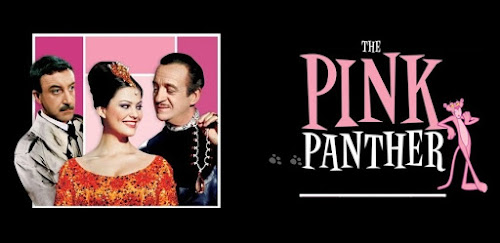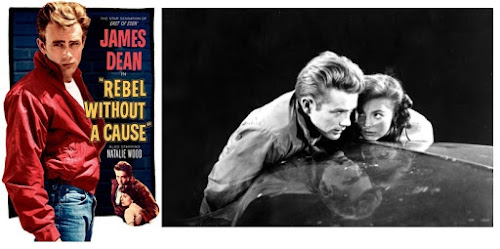The Graduate (1967)
Along with Bonnie and Clyde, released earlier the same year, this is one of Hollywood’s most influential movies from the Sixties. It was a smash hit, won several awards, both at home and abroad, and turned Dustin Hoffman – in his first major role – into a superstar.
Hoffman is Benjamin, a college graduate who likes to spend his days floating around in his rich parent's pool. Naive and clumsy, and without any sexual experience, he becomes the ideal object of desire to a sex-starving family friend, middle-aged Mrs. Robinson (Anne Bancroft), who seduces him and uses him as her personal sex-toy. All seems to go well, but then Benjamin dates Mrs. Robinson's daughter, Elaine (Katharine Ross), and falls in love with her ...
There are no hippies in The Graduate, but with a 'hero' who refuses to follow any adult advice, it perfectly resonated with popular notions such as the emptiness of bourgeois life, youth rebellion and the sexual revolution. It also had a 'revolutionary' look and sound: Influenced by French Nouvelle Vague (especially Godard's A Bout de Souffle) director Mike Nichols used odd camera angles, unusual camera movements and jump cuts to reflect Benjamin’s disoriented state of mind. And instead of a traditional score, he filled the soundtrack with songs by the folk-rock duo Simon and Garfunkel, which was a rather unusual decision at the time (and would be copied by many others in the years to come).
Watched today, viewers might have problems with some of Benjamin's behaviour: the Sixties were called the 'Crazy Sixties' for all the good reasons, and what was considered as independent and rebellious back then, may now look inconsiderate (to mention only one thing: It doesn’t even occur to Benjamin that a girl might find the idea that her lover slept with her mother repulsive) (*1). On reflection it might be difficult today to sympathize with some of the film's particularities, but it’s easy to see why it had such an impact: what Bonnie and Clyde did for the representation of violence, The Graduate did for the treatment of sexuality: there’s no nudity in the movie, but finally, after decades of prudence and restraint, Hollywood dared to treat it in an adult manner.
However, in retrospect The Graduate has one major shortcoming: the first half (the Anne Bancroft part, so to speak) is much stronger than the second. The second half is not bad, but those scenes with Benjamin and Mrs. Robinson are so incredibly strong, that the remainder of the film (the Katharine Ross part) pales in comparison.
⭐⭐⭐⭐ out of 5
Notes:
* (1) In a 1997 comment, Roger Ebert withdrew some of his original praise for the movie, and called him 'an unsufferable creep'
Trivia
* The producers preferred Robert Redford for the role of Benjamin, because he seemed the ideal object of obsession for a middle-aged woman, but Nichols thought Redford would be unbelievable in the role of a naive 20-year old without any sexual experience, and therefore absolutely wanted Hoffman
* In the movie Mrs Robinson is supposed to be twice as old as Benjamin. In reality the difference was only five years. Hoffman was 30 during the filming of The Graduate, Bancroft was 35



Reacties
Een reactie posten